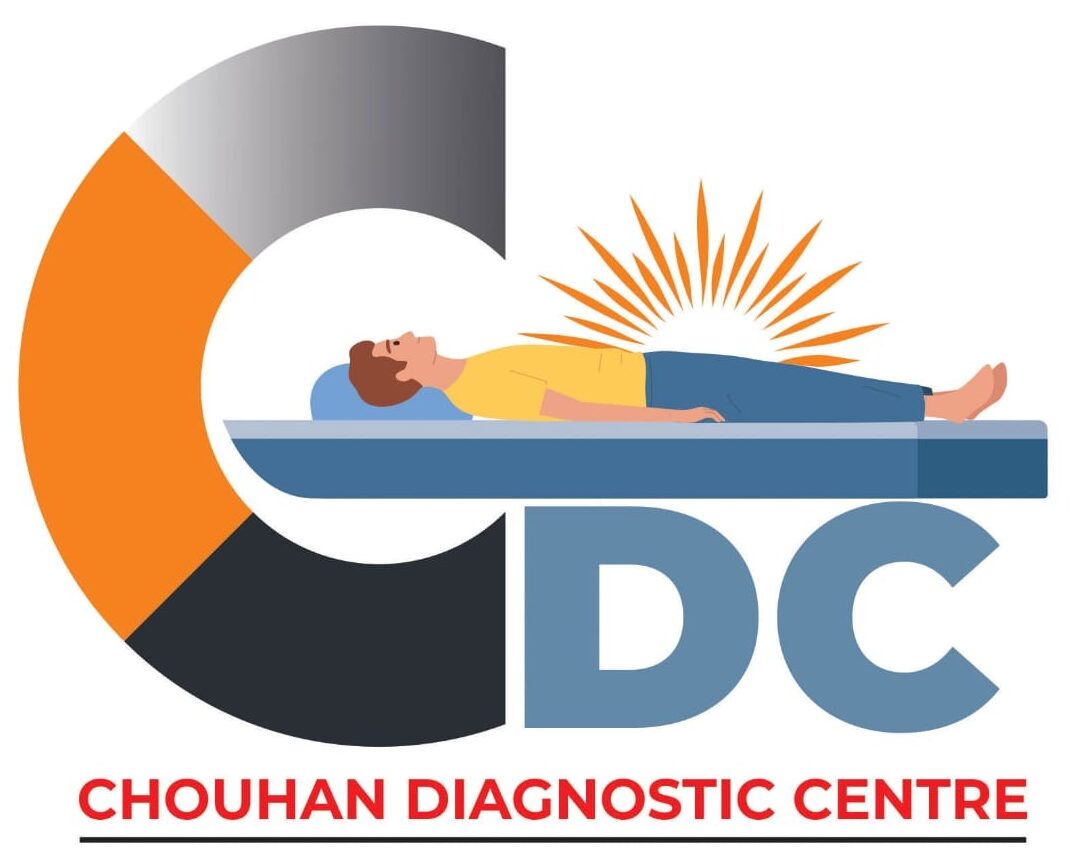Introduction to MSK Ultrasound
MSK ultrasound is a safe and painless test that uses sound waves to look at muscles, joints, and soft tissues. Many people hear about musculoskeletal ultrasound when they have pain or swelling. In fact, doctors often use this non-invasive joint imaging to help find the cause of discomfort. Because it does not use radiation, MSK ultrasound is safe for most people.
What Is MSK Ultrasound?
MSK stands for musculoskeletal. This means the test looks at muscles, tendons, ligaments, joints, and nerves. During an MSK ultrasound, a small device called a probe moves over your skin. The probe sends sound waves into your body. Then, these waves bounce back and create pictures on a screen. As a result, doctors can see inside your body without surgery.
Common Uses and Benefits of MSK Ultrasound
Doctors use MSK ultrasound for many reasons. For example, it helps find the cause of pain, swelling, or injury. It is also helpful for guiding injections or other treatments. Some common uses include:
Checking for muscle tears or sprains
Looking at joint pain or swelling
Finding fluid buildup or cysts
Guiding needle placement for injections
Watching how injuries heal over time
Because MSK ultrasound is quick and does not use radiation, it is safe for children and adults. In addition, it can show movement in real time, which helps doctors see how your body works.
How the MSK Ultrasound Procedure Works
First, you will be asked to sit or lie down. Next, the doctor or technician will put a small amount of gel on your skin. This gel helps the probe move smoothly and improves the pictures. Then, the probe is placed on the area that needs to be checked. You may be asked to move your joint or muscle during the scan. This helps the doctor see how things work inside your body. The whole MSK ultrasound procedure usually takes 15 to 30 minutes. After the test, you can return to your normal activities right away.
Preparation and What to Expect During the Scan
Most of the time, you do not need to do anything special before an MSK ultrasound. However, you may need to wear loose clothing or remove jewelry near the area being checked. During the scan, you might feel a little pressure from the probe, but it should not hurt. If you have any questions, the staff will be happy to answer them. After the scan, there are no side effects, so you can go home or back to work.
Safety and Risks of MSK Ultrasound
MSK ultrasound is very safe. Unlike X-rays or CT scans, it does not use radiation. According to the World Health Organization (WHO), ultrasound tests have no known risks when used as directed. Because it is non-invasive, there is no need for needles or surgery. However, if you have an open wound, the doctor may avoid scanning that area. Overall, MSK ultrasound is a safe choice for most people.
Frequently Asked Questions
Is MSK ultrasound painful? No, it is painless. You may feel slight pressure, but it should not hurt.
How long does the test take? Most scans take 15 to 30 minutes.
Can I eat or drink before the scan? Yes, you can eat and drink as usual unless your doctor says otherwise.
Is MSK ultrasound safe for children? Yes, it is safe for both children and adults.
How soon will I get my results? Often, your doctor will discuss the results with you soon after the scan.
When to Consult a Healthcare Provider
If you have joint pain, swelling, or a recent injury, you may benefit from an MSK ultrasound. Sometimes, your doctor may suggest this test to help find the cause of your symptoms. If you are looking for “MSK ultrasound near me,” ask your doctor for a trusted clinic or imaging center. Early diagnosis can help you get the right treatment and feel better sooner.
Conclusion
MSK ultrasound is a safe, quick, and effective way to look at muscles and joints. Because it is non-invasive and does not use radiation, it is a good choice for many people. If you have questions or think you may need this test, consult a healthcare provider for personalized advice on MSK ultrasound.

